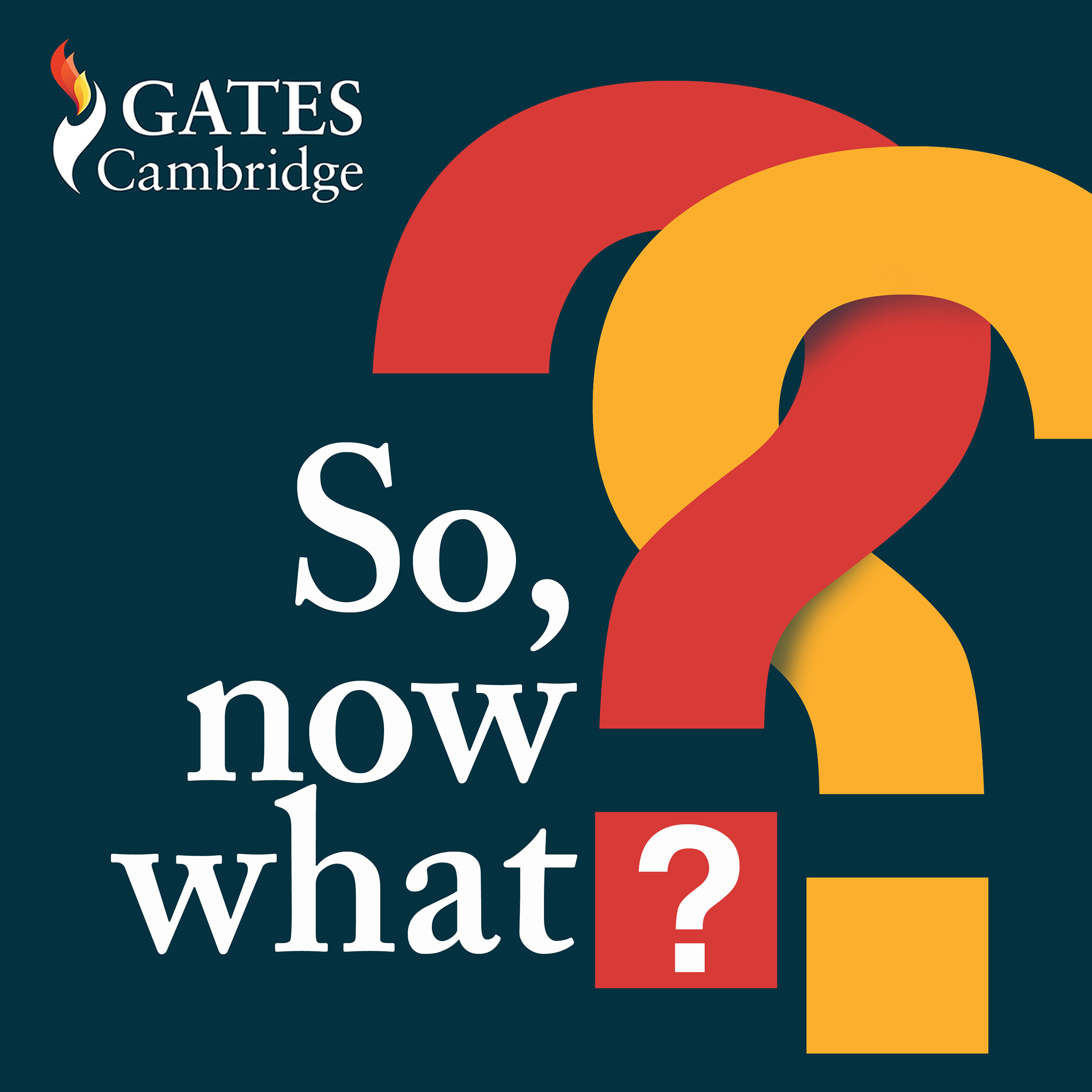Episode 2
What is education for?
Best-selling author Tara Westover, researcher Aliya Khalid and Thabo Msibi Deputy Vice Chancellor for Teaching and Learning at the University of KwaZulu-Natal, tackle the issue of what education should be for. They stress the idea that small actions can have a significant impact on making a difference in the world and emphasise the power of individuals to create change within their own sphere of influence.
We explore their own perspectives and discuss their own powerful personal stories, highlighting the importance of diverse stories in education, the impact of education on women and gender and the power of education to challenge norms and beliefs. They also emphasise the role of education as a journey of self-discovery and unlearning, as well as a tool for social justice and empowerment. In addition, the episode discusses the need for curriculum reform and inclusivity, the role of technology in education and personal stories of overcoming educational challenges.
Takeaways
- Education as a lifelong journey of learning and personal growth.
- Education has the power to empower individuals, promote social justice, and transform communities.
- Listening to and learning from communities is crucial in developing effective educational practices.
- Small acts of support and encouragement can make a significant difference in education.
Chapters
00:00 Introduction
00:31 The purpose of education
01:13 Guest introductions
05:24 Education and gender
06:24 Education as empowerment
08:21 The value of questioning and doubt in education
10:10 Education as a tool for social justice
12:56 Education in disadvantaged communities
15:17 The importance of listening and learning from communities
19:19 Personal teachable moments
20:14 Motivation for education
23:05 The transformative power of education
25:59 Unlearning and overcoming challenges in education
29:30 Curriculum reform and empowerment
31:40 Moving forward: Taking action in education
37:12 So, now what?
Bios
Tara Westover @tarawestover is a memoirist and historian. Her first book, Educated (2018), debuted at #1 on the New York Times bestseller list, and was a finalist for a number of awards, including the National Book Critics Circle Award, the LA Times Book Prize, and the PEN/Jean Stein Book Award. The American Booksellers Association named it the Nonfiction Book of the Year, and to date, the book has been translated into 47 languages. For her staggering impact, TIME magazine named Westover one of the 100 Most Influential People of 2019, and in 2023, she was awarded the National Humanities Medal by President Biden.
Thabo Msibi is the Deputy Vice Chancellor for Teaching and Learning and a professor of Curriculum Studies in the School of Education at the University of KwaZulu-Natal. Msibi has published research in South African and international journals and books and is author of the book Hidden sexualities of South African Teachers: Black male educators and same-sex desire. He has also co-edited a book entitled Gender, Sexuality and Violence in South African Educational Spaces, with Deevia Bhana and Shakila Singh.
Aliya Khalid @khalidaliya1 is a Lecturer in Comparative and International Education in the Department of Education at the University of Oxford, UK. She works on issues of educational equity with a focus on gender. Her areas of interest include the capability approach, negative capability, epistemic paradoxicality and justice, Southern epistemologies, politics of representation and knowledge production.



